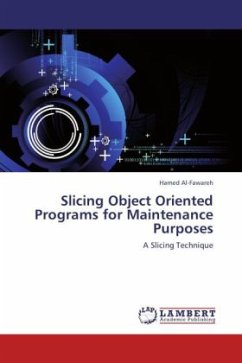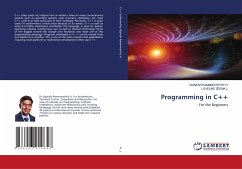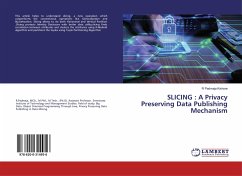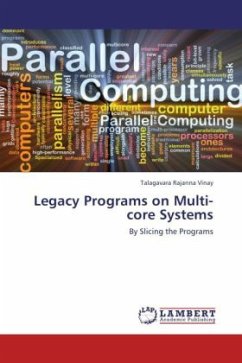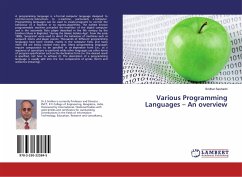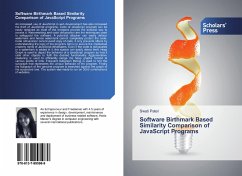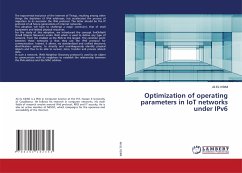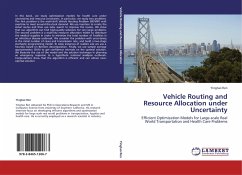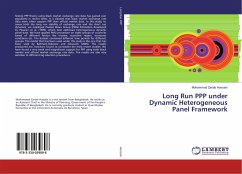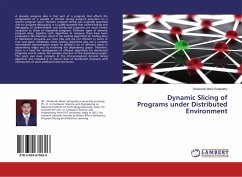
Dynamic Slicing of Programs under Distributed Environment
Versandkostenfrei!
Versandfertig in 6-10 Tagen
27,99 €
inkl. MwSt.

PAYBACK Punkte
14 °P sammeln!
A dynamic program slice is that part of a program that affects the computation of a variable of interest during program execution on a specific program input. Dynamic program slicing was originally proposed only for program debugging. It is usually accepted that understanding and debugging of multithreaded and distributed programs are much harder compared to those of sequential programs. Different types of dynamic program slices, together with algorithms to compute them have been proposed in the literature. Most of the existing algorithms for finding slices of distributed programs use trace fi...
A dynamic program slice is that part of a program that affects the computation of a variable of interest during program execution on a specific program input. Dynamic program slicing was originally proposed only for program debugging. It is usually accepted that understanding and debugging of multithreaded and distributed programs are much harder compared to those of sequential programs. Different types of dynamic program slices, together with algorithms to compute them have been proposed in the literature. Most of the existing algorithms for finding slices of distributed programs use trace files and are not efficient in terms of time and space complexity. Some existing algorithms also use a complex intermediate representation graph by adding a no of different types of dependency edges and by traversing the dependency graph. Therefore, there is a need for development of efficient algorithms for distributed programs and to reduce the complex structure of the dependency graph. Thiswork uses basic concepts of the inter-procedural dynamic slicing algorithm and remodels it to extract slices of distributed programs with introduction of some additional data structures.



